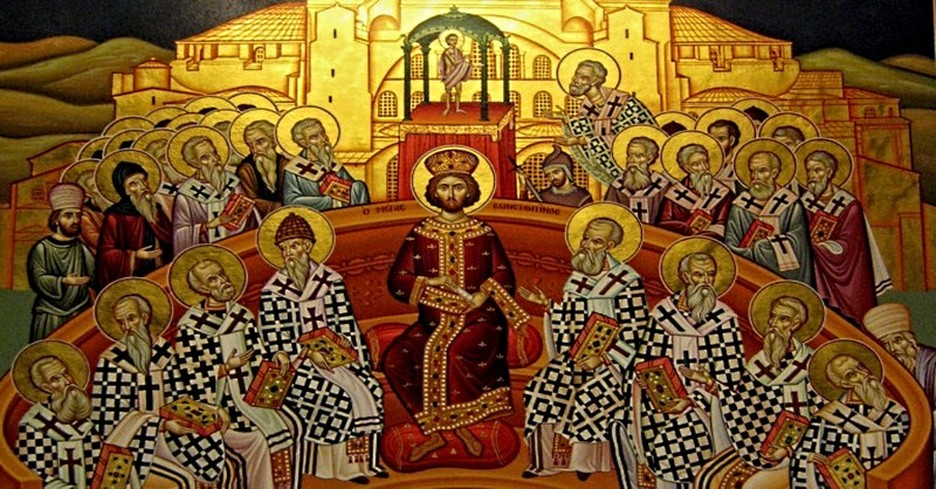
What is the most important day in the Christian year? Ask the average person in the United States, and you will probably hear "Christmas." But in the early centuries of the church, the day of the resurrection, also known as "Pascha," was more important.
Easter: The Christian Passover
From its earliest days, the church annually celebrated the anniversary of Jesus' resurrection, often calling the holiday the Christian Passover. (The Greek name for Passover was Pasch, so Easter is sometimes called Paschal; Easter is an English word.) Even while the apostles were alive, Christians moved their day of worship to Sunday because Christ had risen from the grave on the first day of the week. Christians were often baptized at Easter.
In the second century, however, a debate arose over when to celebrate the resurrection. Most churches held the festival on the Sunday closest to the Jewish Passover. Sometimes, there was doubt as to which of the two nearest Sundays should be observed. The churches in Asia Minor frequently observed the resurrection on the date of the Jewish Passover, even when it was not on a Sunday. In Rome, different congregations observed different days!
Council of Nicea Decides the Easter Day
During the church's first three centuries, it was frequently under persecution, and there was no attempt to standardize the Christian festivals. However, when Constantine became emperor and Christianity was no longer illegal, it was possible to consider the date of Easter more carefully. One of the purposes of the Council of Nicea in 325 was to settle that date.
Constantine did not want Easter to be celebrated on the Jewish Passover. He said it was a Christian "duty to have nothing in common with the murderers of our Lord" (ignoring the fact that Christ's execution was a joint effort of Jews and Gentiles).
The Council of Nicea accordingly required the feast of the resurrection to be celebrated on a Sunday and never on the day of the Jewish Passover. Easter was to be on the Sunday after the first full moon following the Spring equinox. This meant the date of Easter would always fall between March 22nd and April 25th. Today, March 22, is the earliest date on which Easter can fall. Since there is seldom a full moon on March 21st, Easter does not often fall on the 22nd. The last time it did was in 1818. In the twentieth century, it never fell on this day.
The ruling of the Council was not immediately accepted everywhere. It did not sit well with those who had been celebrating the resurrection on Passover to suddenly learn they were being called heretics. Confusion was also caused because Rome and Alexandria fixed the Spring equinox (the day in the Spring when day and night are equal) by different methods. Eventually, however, the ruling of the Council of Nicea was accepted by all of the Western church.
Bibliography:
- Adapted from an earlier Christian History Institute story by Diane Severance, Ph.D.
- Chinews. "Today in History, March 22."
- "Easter." The Oxford Dictionary of the Christian Church, edited by F. L. Cross and E. A. Livingstone. Oxford, 1997.
- Gibson, George M. The Story of the Christian Year. Nashville: Abingdon Press, 1945.
Last updated June, 2007



